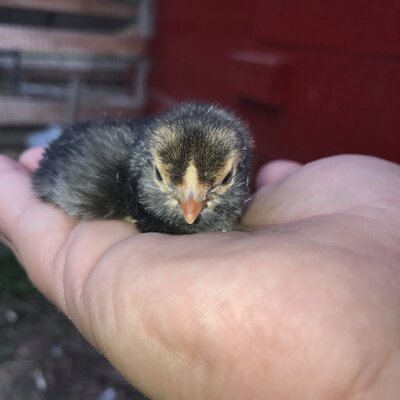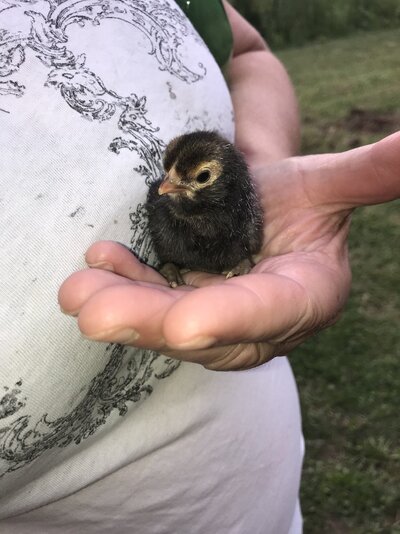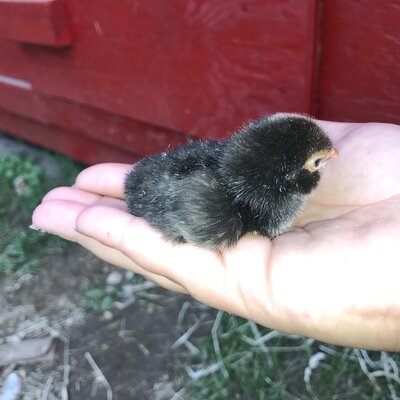B_Chickle01
Songster
I have my soon to be 5month old chicken here yesterday I opened her coop and she looked all puffed out and sluggish! Her crop has been empty but she’s now showing interest in eating I bought her inside with me. I gave her nutridrench yesterday evening then save a chick electrolytes in her water. Then last night I started her on corid( as someone instructed) and she doesn’t seem better! I’m really scared I just lost 2 chickens! One just a week ago and the other a couple weeks ago. She’s showing a lot of the same signs as them..puffed up sluggish lethargic not eating. She also just took a poop(attached below) and I have no idea what’s going on or what her poop is about. I’ve never seen any poop like this from any of my chickens! Please help! The last 2 photos were from last night!
Attachments
-
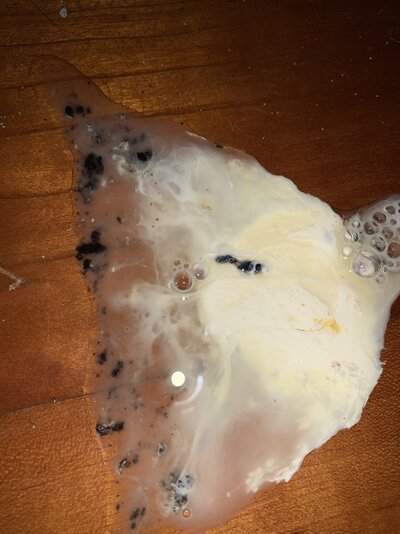 2E90199D-638E-44CB-A0FD-6B369A6D71D3.jpeg429.6 KB · Views: 46
2E90199D-638E-44CB-A0FD-6B369A6D71D3.jpeg429.6 KB · Views: 46 -
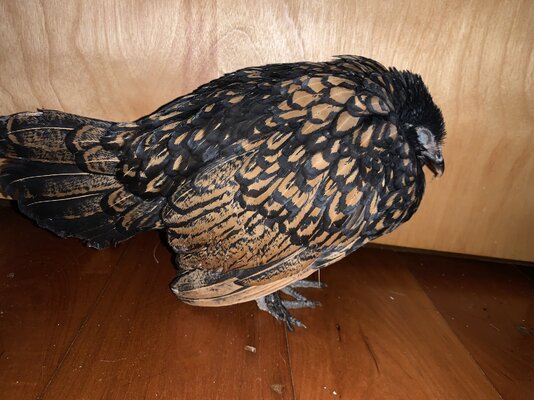 DF79681C-24D2-45F9-82C1-BC0FAA33BAE6.jpeg543 KB · Views: 8
DF79681C-24D2-45F9-82C1-BC0FAA33BAE6.jpeg543 KB · Views: 8 -
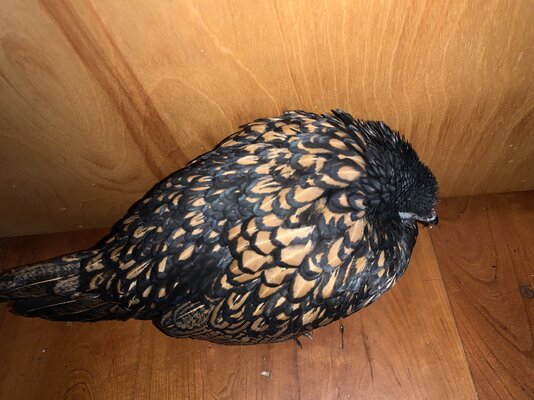 5D53B0B1-7CC9-476E-82E2-1619B666DADD.jpeg518.7 KB · Views: 9
5D53B0B1-7CC9-476E-82E2-1619B666DADD.jpeg518.7 KB · Views: 9 -
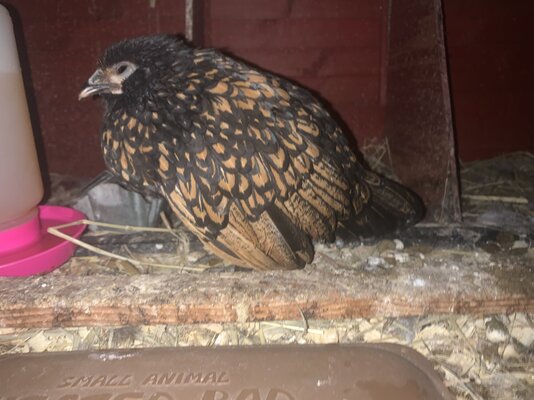 15F4D905-72E6-47CA-BD12-EC22074A94AB.jpeg351 KB · Views: 9
15F4D905-72E6-47CA-BD12-EC22074A94AB.jpeg351 KB · Views: 9 -
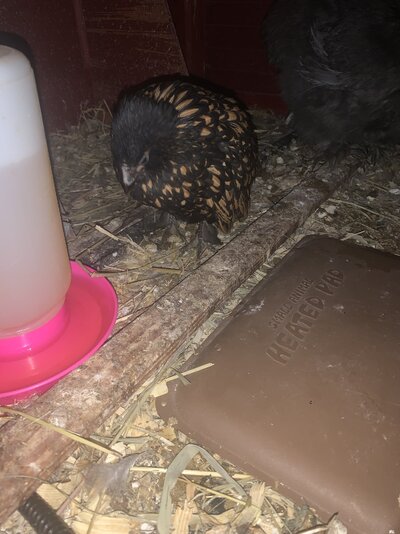 82481ADF-8F49-460D-B7D6-D21B4ED9BD8F.jpeg461 KB · Views: 9
82481ADF-8F49-460D-B7D6-D21B4ED9BD8F.jpeg461 KB · Views: 9




